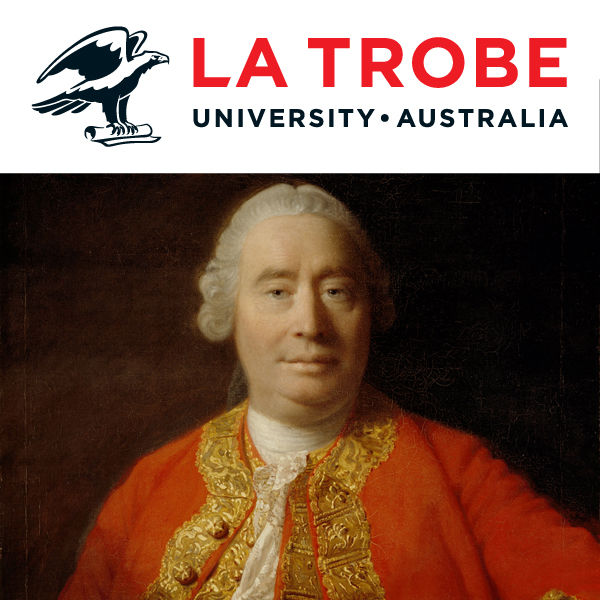
Hume
If Descartes is the father of modern philosophy, Hume is the person who gave shape to the contemporary philosophical world. First by querying Descartes' theories about knowledge, and then developing his own modest account of knowledge, and later his theories of ethics and aesthetics.
- 46 minutes 54 secondsInter-Species Sympathy/Empathy
According to Hume, many nonhuman animals (or beings whom he sometimes calls 'sensible creatures') are analogous to human beings in respects of the body and the mind. We are able to sympathise with an animal in similar ways we sympathise with another human being.
Copyright 2013 La Trobe University, all rights reserved. Please contact for permissions.
11 November 2013, 2:03 am - Inter-Species Sympathy/Empathy (handout)
According to Hume, many nonhuman animals (or beings whom he sometimes calls 'sensible creatures') are analogous to human beings in respects of the body and the mind. We are able to sympathise with an animal in similar ways we sympathise with another human being.
Copyright 2013 La Trobe University, all rights reserved. Please contact for permissions.
11 November 2013, 2:02 am - 47 minutes 32 secondsSympathy/Empathy
‘Sympathy’ (or what is now often called ‘empathy’) is in Hume’s view a complex mechanism of the human mind which relies on the combined operation of three more fundamental principles: the ‘copy principle’, principle of ‘association of ideas’, and the principle of more vivid perceptions ‘enlivening’ less vivid associated perceptions.
Copyright 2013 La Trobe University, all rights reserved. Please contact for permissions.
11 November 2013, 2:00 am - Sympathy/Empathy (handout)
‘Sympathy’ (or what is now often called ‘empathy’) is in Hume’s view a complex mechanism of the human mind which relies on the combined operation of three more fundamental principles: the ‘copy principle’, principle of ‘association of ideas’, and the principle of more vivid perceptions ‘enlivening’ less vivid associated perceptions.
Copyright 2013 La Trobe University, all rights reserved. Please contact for permissions.
11 November 2013, 1:59 am - 50 minutes 38 secondsWhat Can we Know?
According to Hume, all the objects of human inquiry and knowledge can be divided into two kinds (and only two kinds). They are 'relations of idea' on the one hand, which are discoverable by reason independent of real existence in the universe, and 'matters of fact' on the other, which are discoverable by experience.
Copyright 2013 La Trobe University, all rights reserved. Please contact for permissions.
11 November 2013, 1:46 am - What Can we Know? (handout)
According to Hume, all the objects of human inquiry and knowledge can be divided into two kinds (and only two kinds). They are 'relations of idea' on the one hand, which are discoverable by reason independent of real existence in the universe, and 'matters of fact' on the other, which are discoverable by experience.
Copyright 2013 La Trobe University, all rights reserved. Please contact for permissions.
11 November 2013, 1:45 am - 47 minutes 35 secondsAssociation of Ideas
What Hume calls the ‘association of ideas’ is a fundamental operating ‘principle’ (i.e. mechanism) of the human mind. The principle operates by resemblance, by contiguity, and by causes and effect.
Copyright 2013 La Trobe University, all rights reserved. Please contact for permissions.
11 November 2013, 12:59 am - Association of Ideas (handout)
What Hume calls the ‘association of ideas’ is a fundamental operating ‘principle’ (i.e. mechanism) of the human mind. The principle operates by resemblance, by contiguity, and by causes and effect.
Copyright 2013 La Trobe University, all rights reserved. Please contact for permissions.
11 November 2013, 12:59 am - 53 minutes 59 secondsImpressions and Ideas
Hume divides all 'perceptions' (i.e. experiences) into 'impressions' and 'ideas'. This theory device gives him a more finely grained account of the operations of the mind than either Locke or Descartes have. Impressions are original 'perceptions of the human mind' which are vivid, forceful, strong or lively. Ideas are the 'faint images' of the original impressions.
Copyright 2013 La Trobe University, all rights reserved. Please contact for permissions.
10 November 2013, 10:57 pm - Impressions and Ideas (handout)
Hume divides all 'perceptions' (i.e. experiences) into 'impressions' and 'ideas'. This theory device gives him a more finely grained account of the operations of the mind than either Locke or Descartes have. Impressions are original 'perceptions of the human mind' which are vivid, forceful, strong or lively. Ideas are the 'faint images' of the original impressions.
Copyright 2013 La Trobe University, all rights reserved. Please contact for permissions.
10 November 2013, 10:53 pm - 46 minutes 34 secondsMoral Foundations
If Hume is right in arguing that reason alone is not sufficient to generate moral judgements that distinguish between good and evil, right and wrong, then what are the missing ingredients? This question brings us to Hume's positive account on the foundations of human morality.
Copyright 2013 La Trobe University, all rights reserved. Please contact for permissions.
8 November 2013, 3:46 am - More Episodes? Get the App
Your feedback is valuable to us. Should you encounter any bugs, glitches, lack of functionality or other problems, please email us on [email protected] or join Moon.FM Telegram Group where you can talk directly to the dev team who are happy to answer any queries.
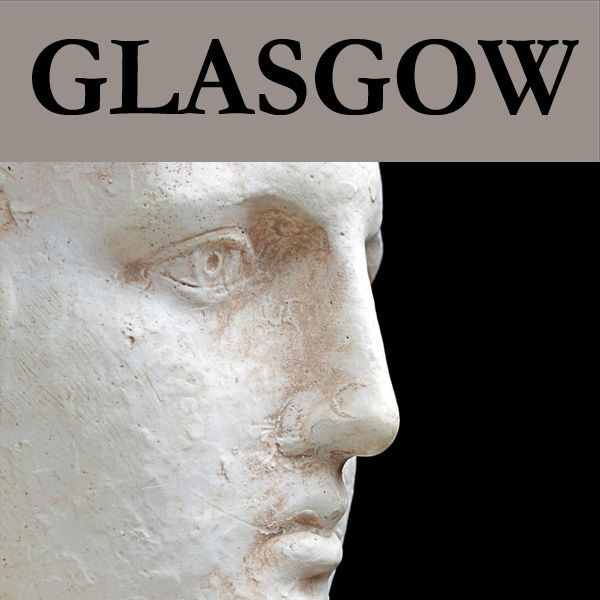 Philosophy
Philosophy
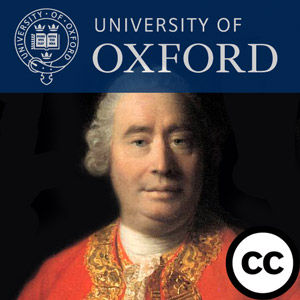 Introduction to David Hume's Treatise of Human Nature Book One
Introduction to David Hume's Treatise of Human Nature Book One
 Hume's Central Principles
Hume's Central Principles
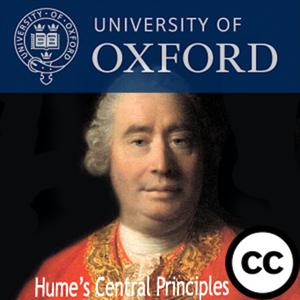 Hume's Central Principles
Hume's Central Principles
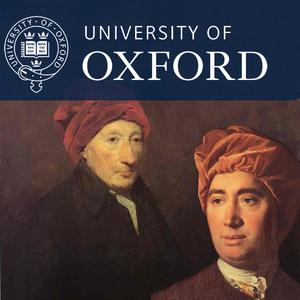 Reid's Critique of Hume
Reid's Critique of Hume
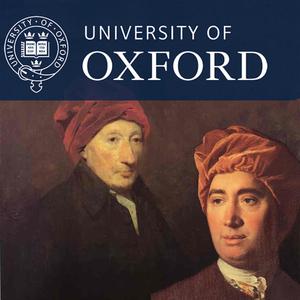 Reid's Critique of Hume
Reid's Critique of Hume